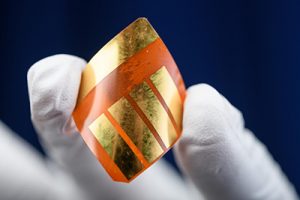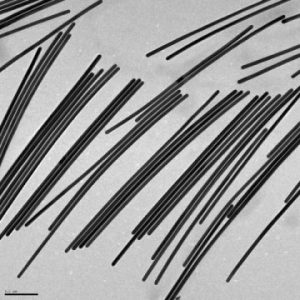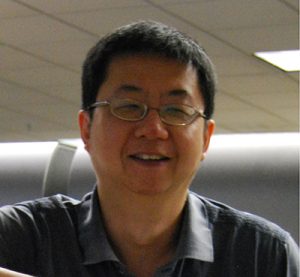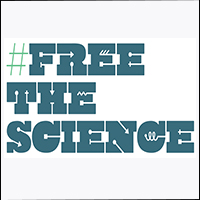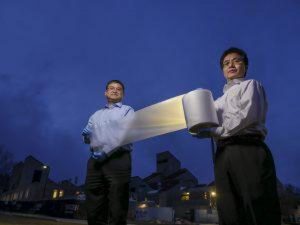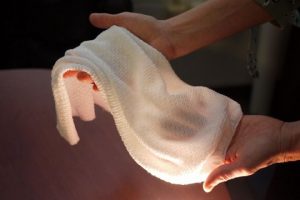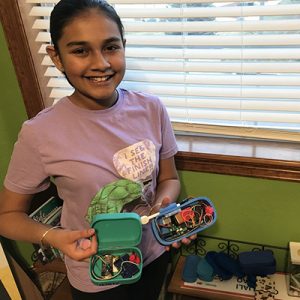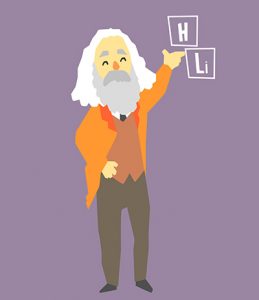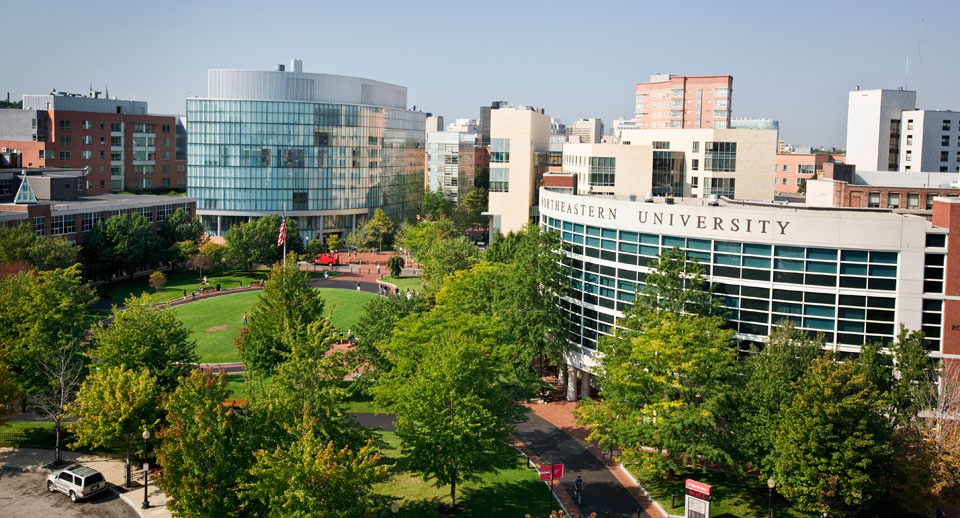Perovskite-based solar cells are all around great. They offer energy efficiencies similar to those of traditional silicon-based cells, are lightweight, simple and cheap to produce, and offer physical flexibility that could unlock a wide new range of installation methods and places, according to Georgia Teach Research Horizons.
The only problem: figuring out how to produce perovskite-based energy devices that last longer than a couple of months.
Researchers at Georgia Institute of Technology, University of California San Diego, and Massachusetts Institute of Technology may be closer to solving that problem. (more…)


